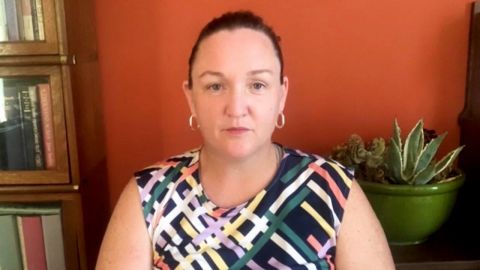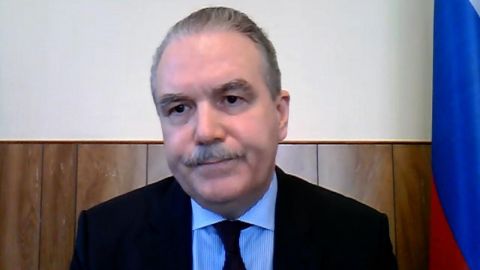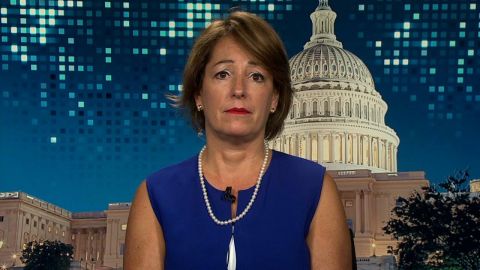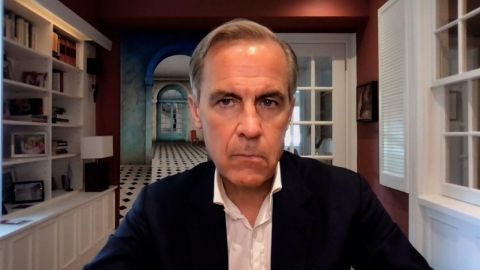Read Transcript EXPAND
MARK CARNEY, AUTHOR “Value(s): Building a Better World for All.”: Well, first, thanks for having me on, Bianna. And what I’d say about the ruling is that it is part of a general trend, which is that there needs to be a dramatic reduction in greenhouse gas emissions for heavy emitters. And there’s none more so than in the fossil fuel industry. The best companies recognize that and they’re changing their business strategies. If they do that, they will be profitable and they will create value for their shareholders and for their communities. If they don’t, they’re going to end up with very large stranded assets. So the ruling is in the direction of what companies need to do anyways.
BIANNA GOLODRYGA: And what message does it send to oil companies? Because we know that Exxon has been in a battle now with four activist investors who are trying to take four seats on the board of directors, pushing them to cut emissions by 2050. The same with Chevron. They have been in a decades-long battle, legal battle, with the Ecuadorian Amazon as well. Is this a trend that we’re going to see more of, specifically in the oil sector and energy sectors?
CARNEY: Bianna, yes, I think it is a trend. It’s very much here. And it partly depends on the response of the companies themselves. We have 130 countries, and counting, that have net zero objectives, United States part of that fold. We expect more by Glasgow. And so the question for companies, whether they’re in the oil sector or the financial sector is, well, what’s your plan for net zero? Are you part of that solution? Are you investing in order to reduce your emissions? Or are you — are you still part of the problem? And that is the key question that’s being asked in virtually every sector. It’s one of the top three strategic issues. And, of course, in the energy sector, the oil sector, particularly, it’s the top strategic issue.
GOLODRYGA: You have spent decades as an economist and as a banker, as we noted in your introduction, and now you’re focused on climate change. And some might say, wow, that’s a divergent path, as far as his focus, but you’re saying that everything is connected, that climate change now cannot be separated from the global economy and the decisions that business leaders and world leaders make going forward. Can you explain more?
CARNEY: Well, sure. And, Bianna, just to take us back maybe about five years ago, in the run-up to the Paris accord for climate, I was a central banker. I was in charge of the overall regulatory system globally, to the extent anyone was, and I was asked by the G20 leaders, what should we do about the risks from climate change? And the point that we made was that, if we delay and don’t address it, in particular, the financial sector doesn’t address — begin to address climate change, there will be very large risks, very large losses in the financial sector because we address it too late. Now, fortunately, what happened out of Paris and subsequent years is more and more in the financial sector started to gather the necessary information, started to analyze it, adjust their portfolios. Now it’s absolutely mainstreaming. And this creates the opportunity. Again, if you’re an oil company that has a plan to transition towards lower carbon and ultimately renewable energy,
About This Episode EXPAND
The EU has imposed new sanctions and cut aviation links to Belarus.
LEARN MORE



